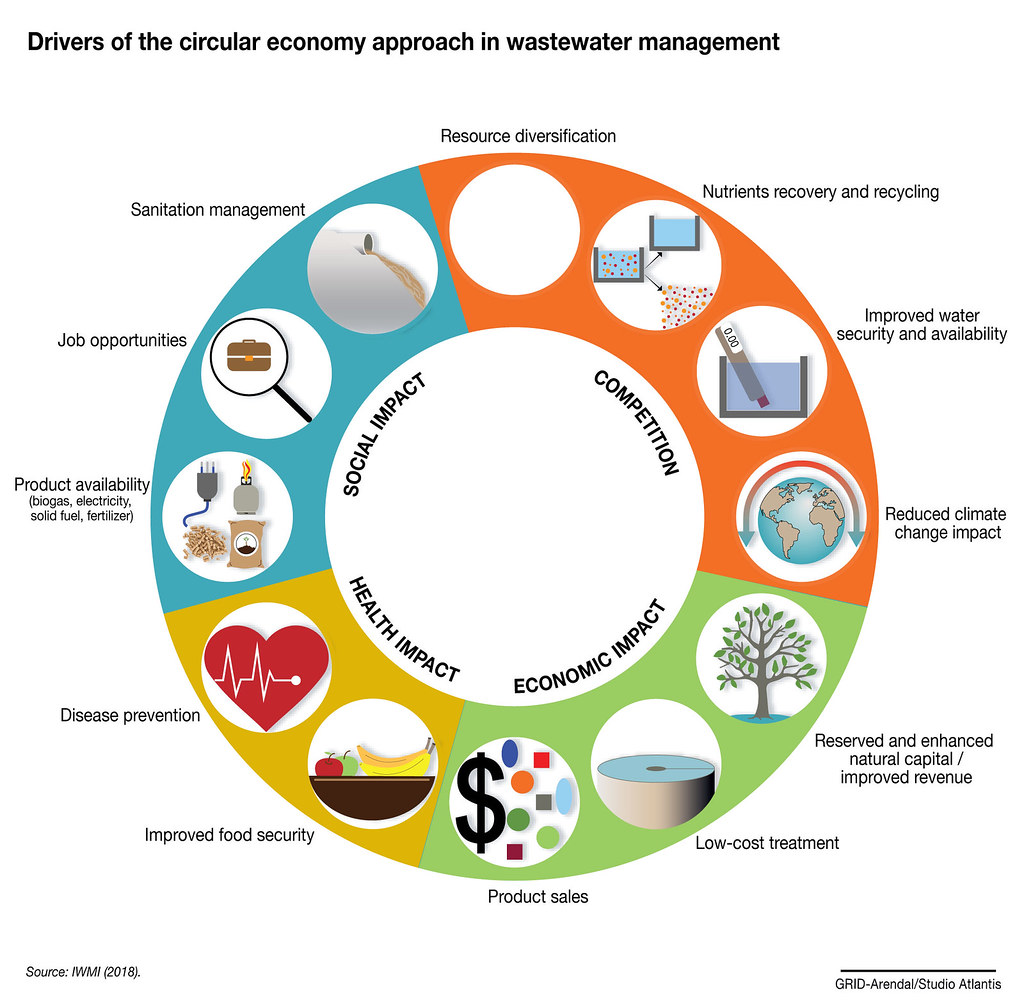
The petrochemical industry plays a significant role in global manufacturing and the production of various consumer goods. However, it is also one of the largest contributors to environmental pollution and depletion of natural resources. To address these challenges, circular economy strategies are being implemented in the petrochemical sector to promote sustainable practices and advance technological solutions.
1. Recycling and Reusing Petrochemical Products
One of the primary strategies in the circular economy approach is to minimize waste by recycling and reusing petrochemical products. This involves developing efficient recycling processes to convert plastic waste back into raw materials that can be used in the production cycle. By implementing comprehensive recycling programs and utilizing recycled materials, the industry can reduce its environmental impact and conserve resources.
2. Implementing Advanced Conversion Technologies
Petrochemical advancements are focused on developing cutting-edge conversion technologies that can transform waste materials into valuable resources. These technologies include pyrolysis, gasification, and depolymerization, which break down complex polymers into their basic components, allowing them to be repurposed or used in the production of new products. Such advancements enable the petrochemical industry to extract maximum value from feedstock while minimizing environmental harm.
3. Designing Sustainable and Recyclable Products
Another crucial aspect of circular economy strategies is the design of sustainable and recyclable products. By integrating eco-friendly materials and considering the end-of-life scenarios of products during the design phase, the petrochemical industry can ensure that their products have a lower environmental footprint. This entails incorporating bio-based materials, exploring biodegradable alternatives, and designing products that can be easily disassembled and recycled for future use.
4. Collaboration and Partnerships
Achieving a truly circular petrochemical economy requires collaboration among all stakeholders, including governments, industries, and consumers. Collaboration and partnerships can foster innovation by sharing knowledge, resources, and best practices. Governments can provide incentives to promote circular economy initiatives, while industries can mutually cooperate to establish standardized practices and infrastructure to support the recycling and repurposing of petrochemical products.
- Invest in research and development for sustainable petrochemical alternatives.
- Promote consumer awareness and education to encourage responsible consumption and disposal practices.
- Establish regulatory frameworks that support circular economy strategies and enforce sustainable practices.
- Encourage investments in clean energy sources and energy-efficient technologies.
- Support initiatives for extended producer responsibility, where manufacturers are accountable for the product’s entire lifecycle, including its disposal.
By implementing these circular economy strategies and leveraging petrochemical advancements, the industry can contribute to reducing waste, conserving resources, and transitioning towards a more sustainable future.





